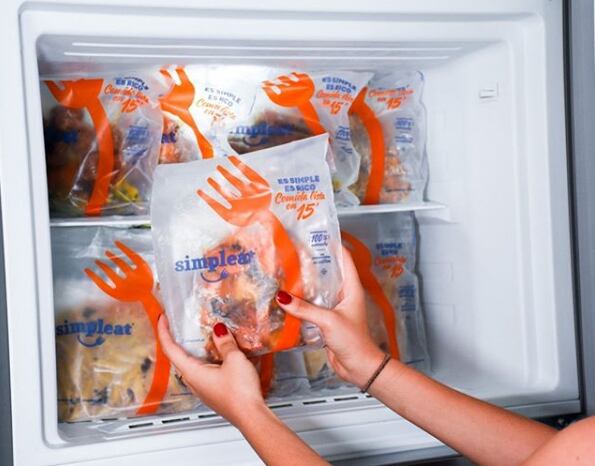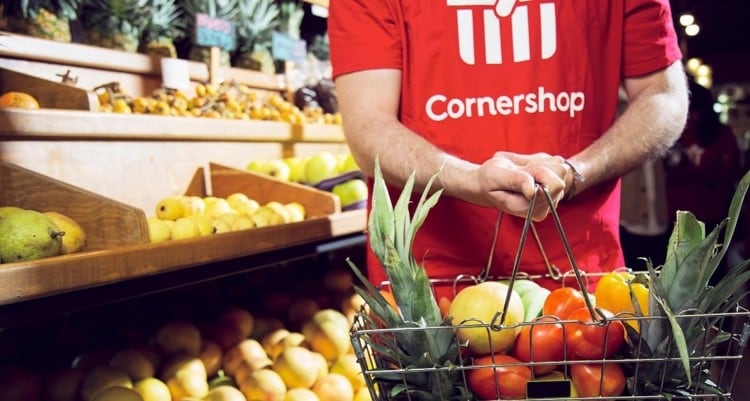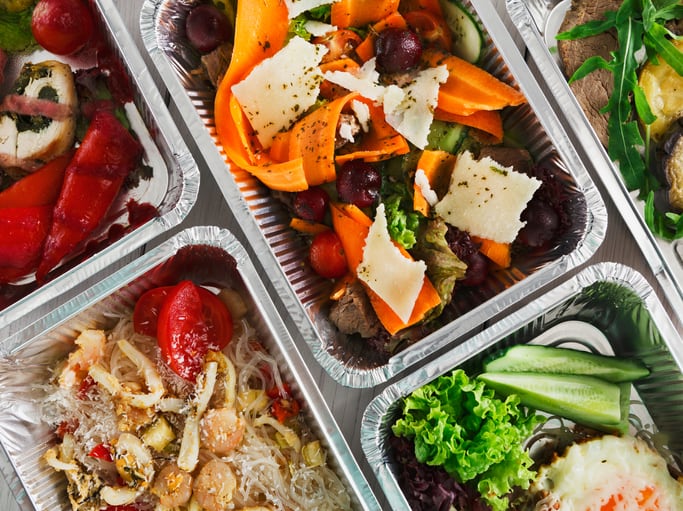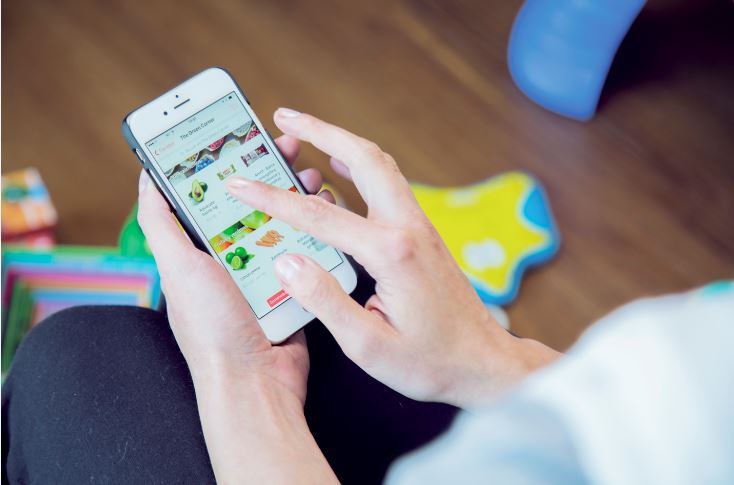Simpleat's business proposition – frozen, home-made meals that are delivered to consumers’ doors and can be prepared in under 15 minutes – is simple but disruptive, especially in a world that is experiencing a “global crisis of ultra-processed food”, according to its co-founder and CEO Tomas Iakub.
The e-commerce start-up quick freezes its dishes and them vacuum packs them sous-vide, a technique favored by restaurants, that means it does not need to add any preservatives to maintain shelf-life.
“This is the first benefit – we don’t use any additives, so it really is home-made,” Iakub told us. “Another benefit for customers is they can keep it in the fridge for over three months but when they open and prepare the meal, it seems fresh and doesn’t taste re-heated.”
Partnership with NotCo in the pipeline
With several ranges in its portfolio, such as gourmet, vegetarian and fitness, it targets different consumer ‘types’ and is planning to partner with Chilean plant-based start-up NotCo for a vegan range that will include NotCo’s vegan versions of mayonnaise and milk.
The start-up was recently awarded CH$20 million (around US$34,000) in equity-free funding by accelerator program Start-up Chile but the Buenos-Aires headquartered start-up is looking for additional investment. It is in talks with venture capitalists, offering US$600,000 for 12% of company equity, in order to finance its plans to expand to Mexico and Colombia.
Iakub has experience in both foodservice as his family owns a chain of steak houses across Argentina and e-commerce as he previously worked on an e-commerce project for ZX Ventures, a spin-off of AB InBev. Given the start-up’s success in its home country, Iakub is confident about bringing the business to the rest of Latin America.
“The greatest thing about this is we launched two years ago and were bootstrapping the business. We went from 300 meals a month to 7,000 and now we are going to the investment round to grow. In the next 18 months, we want to be selling 30,000 monthly meals.”
Global ambitions, local flavors
The company plans to tailor its offering with typical dishes from each market it enters, tailoring them to suit local tastes.
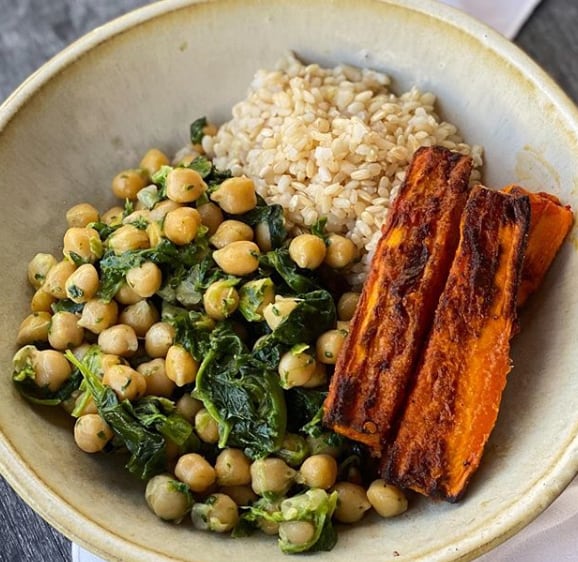
“We have a ‘happiness manager’ that talks to [consumers] every day to understand what they want, and we will do that locally with local chefs in each country because tastes are different,” the entrepreneur said.
In Argentina, its best-selling products include a pork dish that is slow-cooked for 48 hours and a healthy version of milanesa - a breaded meat cutlet popular in Argentina – from its fitness range that is co-branded with one of Argentina’s leading gyms.
The milanesa retails for AR$360 and provides 42.5 g of protein and 43 g of fat – mostly unsaturated and polyunsaturated – that, according to its team of nutritionists, can be part of a healthy diet for an active individual that does sport.
Direct-to-consumer delivery
Although the online food delivery start-up has its own logistics and delivery services, it also partnered with Rappi and has seven different pick-up points in Buenos Aires for Rappi drivers.
Although food delivery services are booming across Latin America, from Rappi to Cornershop, UberEats to Pedidos Ya, Iakub said many of them are failing to meet basic needs.
“The truth is, there is an unfulfilled demand on these platforms for everyday meals for Monday to Friday, not just Friday or Saturday night,” he said. “If someone wants to eat every day using these platforms, they will spend a lot of money on food that isn’t that healthy.”
Food waste versus plastic waste
But what about the environmental impact of individually plastic-wrapping meals and the CO2 emissions associated with the individual delivery, which is surely greater than if consumers were preparing their own meals from scratch at home?
Iakub said he sees it the other way around.
“People are eating exact portions so there is no food waste. In Buenos Aires alone, half a million meals wasted every day. And overall, we think our meals use less plastic than if you buy all the ingredients in a supermarket because it’s just one bag per meal.”
According to Iakub, 90% of the packaging used is recyclable excluding the vacuum-packed bags and it is planning to start using vacuum bags that contain recycled plastic.
The company has also set itself the goal of sourcing 100% of its ingredients from farmers that do not use agro-chemicals, something it says it will apply to all other countries it enters. It is already working with around 200 chemical-free producers in Argentina and plans to increase this each month.

